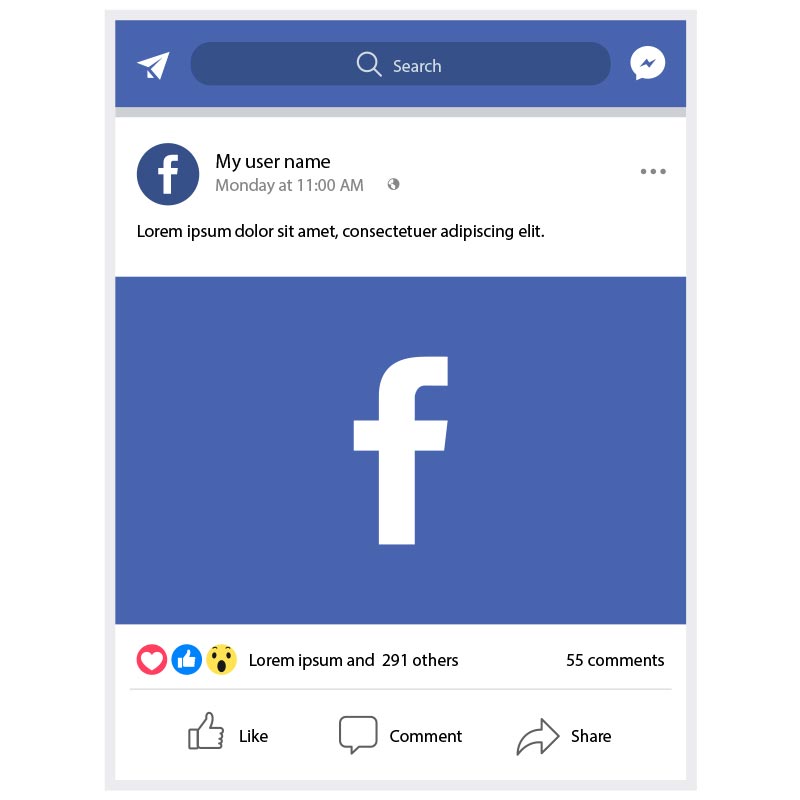The NSW case of Digby v The Compass Institute Inc & Anor [2015] QSC 308 illustrates how a Court took into account what a claimant was posting on Facebook when assessing her injury claim for compensation. Digby suffered a shoulder injury and a psychiatric injury and claimed compensation.
She alleged that her injuries caused her to become socially isolated.
During the trial, the Court ordered Digby to show the Court her Facebook records. The interesting point is that the Insurance Company did not have to tell Digby that they were going to use her Facebook posts against her.
The second point is that the Insurance Company then showed her Facebook posts to her doctors and their doctors. Those Facebook posts showed that she had spent hours every day posting on Facebook. She had posted photographs of herself camping with her children, going to football matches, music concerts, and theme parks.
The Doctors gave evidence that what the claimant had told them about pain and social isolation was not consistent with what she was posting on Facebook. That significantly affected the compensation that she was paid.
Can Insurance Companies Access Social Media?
Yes, they can. Social media is not private.
You should be aware when claiming injury compensation, the Insurance Company and their lawyers may follow your social media accounts. If your claim goes to Court, the Court might even order you to disclose your private social media records.
For example, you allege that your car accident injuries or public liability injuries have caused you to suffer pain and restriction. You also claim that you can no longer participate in sports and social events. You then go and post about doing these things online. The Insurance Company, their lawyers, and doctors can then allege that you are exaggerating your injuries and restrictions.
You need to understand that anything that you do that is not consistent with what you claim, will likely cause problems for your case.
Do Not Post Anything That Could Be Seen To Be Inconsistent With Your Injuries
Remember: When posting to social media people aim to give a happy impression, a healthy impression, a socially accepted impression. That may not be how you feel, but tell people that you are happy and healthy and that is the impression everyone gets.
That contradiction could hurt your case.
Also, remember that other people may re-post those posts and you don’t have control over who is seeing your post. When making a claim for compensation for injuries you should be careful about posting things such as:
- Photos of you at parties, BBQ’s and family events, dancing or singing: to an Insurance Company this could look like a person who has no social and psychological injuries, and not somebody who is in pain;
- Social posts about you at school sports, at the beach, running, working out at the gym. For example, if you say that you suffered whiplash in a car accident, then photos of you helping out at school sports can be interpreted by a doctor as you not suffering any pain in spite of what you tell them;
- Do not post comments about your claim. Do not make comments about your lawyers or about the Defendant or the Insurance Company;
- Photos and posts about you on a holiday. These can be used against you to show that you have no problem sitting on a plane for hours and that your injury has not affected your capacity to enjoy recreational activities;
- How often you are on social media may also impact your claim. It can feel normal to pretend to be happier in your social medial posts. If for example, you are making a claim for psychological injury, then your activity on Facebook could be seen as somebody who is socially active and engaged.
Be Very Careful with Facebook in your Injury Claim
What you post on social media may not accurately reflect how your injuries are affecting you. They may give the impression of a healthy and happy you. Your posts are not always private and other people may re-post them.
Do not exaggerate your restrictions either. Telling your doctors and lawyers that you cannot do sports and then running a race, will only lose you your claim.
Insurance Companies may, from time to time, check out your social medial activity, if they see anything on your posts that does not look consistent with what you are telling your doctors, then your posts could damage your claim.
You should be very careful about what you post and you might even consider suspending your social media activity while you recover.










